Theme, Unity, and Purpose |
One loyal friend is worth ten thousand relatives.
Euripides
Euripides
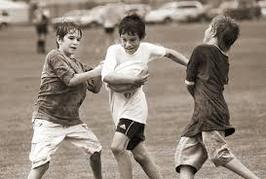
Mrs Roeber never seemed to let Jimmy go outside, which, to my thinking as an 11 year old, was why he was so smart. Most days after school, I’d rush two houses down the street and get Danny Gannon to come out and play. Then the two of us would go to Jimmy’s house next door. If Mrs Roeber answered, she would always be polite and say something like, “Jimmy needs to catch up on some science work. Perhaps he can play later.” If Jimmy answered, he’d usually be out of breath from running upstairs from his basement “office” and plead with us not to give up on him—or at the very least go out back and talk to him through the basement window. So me and Danny would sneak out back and lay on our stomachs on the pokey grey gravel outside his basement window. Five feet below, Jimmy would be doing his work at his workbench (which, in all honesty, was a pretty cool place). I always wished I was smarter, so I could do his work for him and get him outside to play. I was better than Jimmy at a lot of things, but those things never got graded, and most of those things you couldn’t appreciate until “later in life.” But, to my Tom Sawyer way of thinking, I preferred being outside and average to being inside and smart. Danny was an outside kid, and smart, too, and that always troubled me, but not enough to let it call my inside/smart: outside/not smart philosophy into question. Danny’s voice was always the one that tried to tell me that the sledding jump was too high, or that branch would not support my weight, or those snakes would bite, or that we couldn’t run faster than a nest of bees we just destroyed. Once we got Jimmy outside, he was like a mad scientist: ”We’ll, just have to see how high Fitz can go on his sled,“ or, ”I’ll distract the snake so Fitz can grab it from behind,“ or “Bees have been clocked flying at 80 miles per hour.“ Looking back, we probably seemed like the gang that couldn’t shoot straight, and we did tend to go our different ways as we grew older, but we always still manage to reconnect somehow, and it doesn’t seem like we are a day older. It’s kind of hard to put into words because Danny and Jimmy might not be the best friends of my daily life, but they will always be the best friends I need. Just thinking of the three of us together is like a window opening to a cool and welcome breeze. And the coolest thing is the window is always there. It might be that the only thing we actually had in common was living next door to each other, but still, we made it work; we made it real, and we made it last. No choice. No problem. The world should live this way.
I have always loved this paragraph, and I consider it one of my best—but it does not fit neatly into the “rubrics” I love to foist on my students; however, it does introduce a theme in a vague, implied, and roundabout way; it does give some specific imagery as proof of me, Danny and Jimmy’s friendship and our crazy boyhood shenanigans—and it does a pretty fair job of explicating why that is still important to me today, and so long as it is, it is still a paragraph because it has theme, unity, and purpose.
Now looking at it, I realize it is just backwards: I went from exposition to support to explication to a stating of my theme.
Now looking at it, I realize it is just backwards: I went from exposition to support to explication to a stating of my theme.
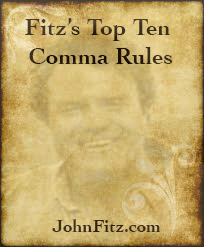

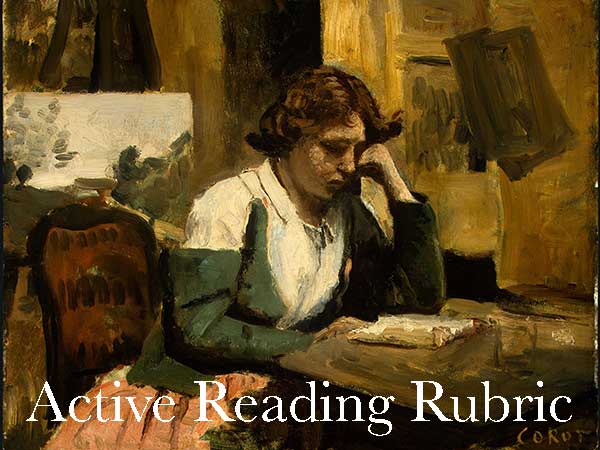
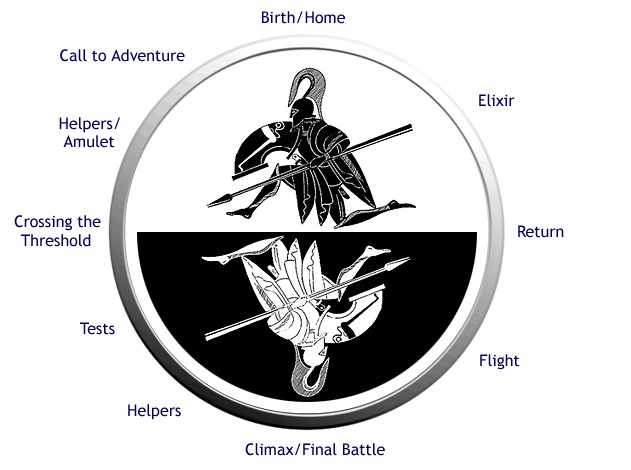
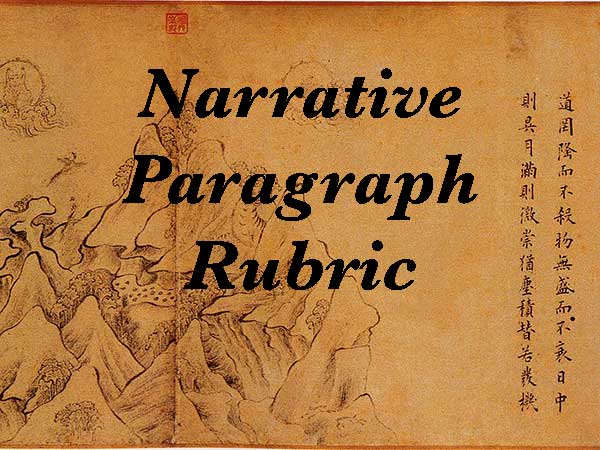

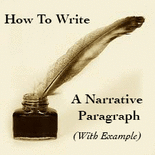
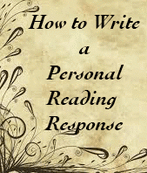
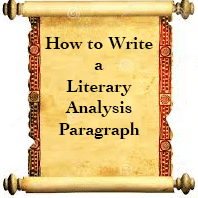
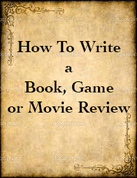

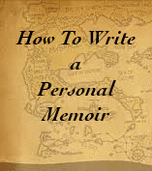
 RSS Feed
RSS Feed
